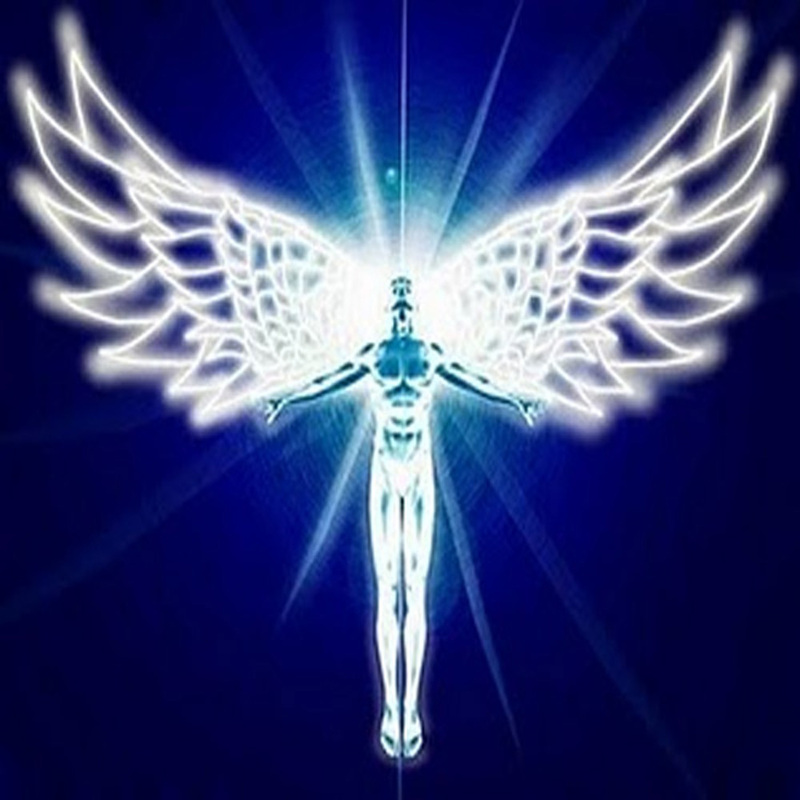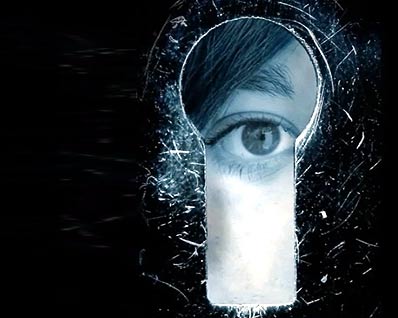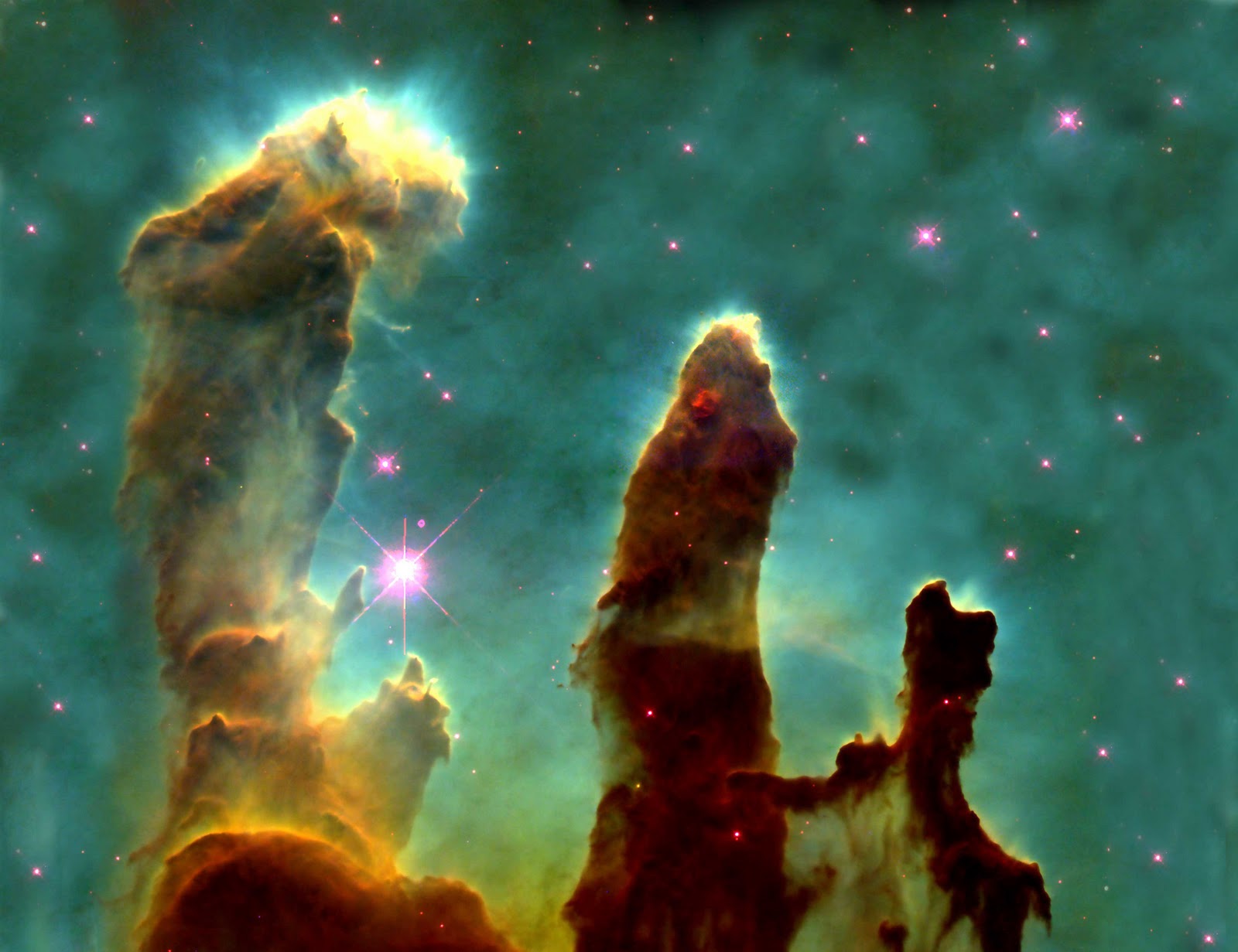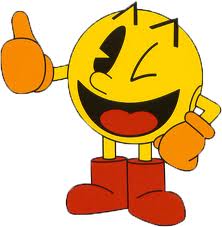You have Meaning, when you know, The Meaning of “You”
The Meaning of “You” maybe my last post, I publicly publish on the old paradigm. I have taken my last breath and slowing blowing it out. I have grown breathless from blowing on all the little God Sparks attempting to start fires in them. The rest is up to you. You either burn with the fire from within, or burnout and slowly fade away. I AM intending my remaining days in preparation for my shift on the lateral time line to the Heaven of my creation. Enjoying every moment.
I Dreamed last night, this post. In intent to put it all together. To make The Meaning of “You” crystal clear. The answers you seek are within the writings in this Doowans News&Events blog. All you need to do is experience the pearls of wisdom. Pick them up from under your feet. I have a few posts which I have not published. Keeping a few pearls for those I meet along the path. Waiting to share the right answers, at the right time, I guess. Waiting to SEE if any God Sparks were going to catch fire and burn with Spirit.
What hurts my Heart, is I Am still waiting. Yes, there have been new stars born. Not as many as I had hoped for. As the Universe expands there is an infinite amount of space for New Stars to share their light. Oh well, so this is the feeling of disappointment, loneliness and despair. My God Self chose to experience. Interesting, I don’t desire this limiting experience any longer, the time is NOW to share The Meaning of “You”.
Those that have eyes, let them see. Those that have ears, let them hear. Those that Heart, let them feel. Those that have Spirit, Let the burn with the fire from within. In The Twinkling of an Eye, you are, The Meaning of “You”.
The Meaning of “You”
Don’t know if you have noticed but You is used a lot these days. You must do this, you must have that. You can’t live without this latest thing. In fact, You is used in a legal sense as well. Which helped bring this post into the light for me. Understanding The Meaning of “You” will expand the consciousness of you. By the time you are done with this article you will have and expand the awareness of You.
From Wikipedia, the free encyclopedia we have all come to love or hate. I typed in “You” and here’s what I found:
“Your” redirects here. For words with various spellings pronounced the same, see Ure (disambiguation).
This article is about the pronoun. For other uses, see You (disambiguation).
Look up YOU in Wiktionary, the free dictionary.
You (stressed /ˈjuː/, unstressed /jə/) is the second-person personal pronoun, both singular and plural, and both nominative and oblique case, in Modern English. The oblique (objective) form you functioned previously in the roles of both accusative and dative, as well as all instances after a preposition. The possessive forms of you are your (used before a noun) and yours (used in place of a noun). The reflexive forms are yourself (singular) and yourselves (plural).
Personal pronouns in standard Modern English
| Singular | Plural | ||||||||||
|---|---|---|---|---|---|---|---|---|---|---|---|
| Subject | Object | Possessive determiner | Possessive pronoun | Reflexive | Subject | Object | Possessive determiner | Possessive pronoun | Reflexive | ||
| First | I | me | my | mine | myself | we | us | our | ours | ourselves | |
| Second | you | your | yours | yourself | you | your | yours | yourselves | |||
| Third | Masculine | he | him | his | himself | they | them | their | theirs | themselves | |
| Feminine | she | her | hers | herself | |||||||
| Neuter | it | its | itself | ||||||||
| Nonspecific | they | them | their | theirs | themself (themselves) |
||||||
Wow, just look at all those yous. And if that’s not confusing enough. Here is more of you, I have already expressed. Plus, more of Wikies definition. You are Welcome to read more of The Meaning of “You”.
However, would you mind if I interject my feelings on the subject of you? Well me is the first object of you in the singular. Where I am the first subject in the singular. We are the first subject in the plural. You are the second object in both the singular and the plural. Making us the first object in the plural. However things change. Wait just a second, You appear as both singular and plural, in both subject and object in the second attention. Well isn’t that a paradox? Well how could that be? We could neuter you. But that would take a third person. Making it the subject of the singular or even better they the plural of it. Making them the object of the neutering in the plural sense. You have to laugh at yourself. Yep, it’s just a reflection of you. Is one starting to SEE how complicated you have become? Are you starting to comprehend The Meaning of “You”?
Have fun, play with the concept of you. What else has Your God Self got to do. Just take the second, Reflect and be yourselves.
Contents
1 Usage
1.1 Informal plural forms
1.2 Third person usage
2 Etymology
3 See also
4 References Usage
Look up yours, your, or you’re in Wiktionary, the free dictionary. If you dare.
In standard English, you is both singular and plural; it always takes a verb form that originally marked the word as plural, (i.e. you are, in common with we are and they are). This was not always so. Early Modern English distinguished between the plural ye and the singular thou. As in many other European languages, English at the time had a T-V distinction, which made the plural forms more respectful and deferential; they were used to address strangers and social superiors. This distinction ultimately led to familiar thou becoming obsolete in modern English, although it persists in some rural English dialects. Because thou is now seen primarily in literary sources such as the King James Bible (often directed to God, who is traditionally addressed in the familiar) or Shakespeare (often in dramatic dialogues, e.g. “Wherefore art thou Romeo?”), it is now widely perceived as more formal, rather than familiar.
Everyday speech among large sections of the population in Northern England commonly used and still uses dialect versions of thou, thee, thy, and thine. In South and West Yorkshire, for example, they are expressed as tha’, thee, thi’ and thine. In a South Yorkshire mining village
Informal plural forms
Despite you being both singular and plural, some dialects retain the distinction between a singular and plural you with different words. Examples of such pronouns sometimes seen and heard are: y’all, or you all – southern United States and African-American Vernacular English
you guys – U.S., particularly in the Midwest, Northeast, and West Coast; Canada, Australia. Used regardless of the genders of those referred to
you lot – UK
yous(e) – Ireland, Tyneside, Merseyside, Central Scotland, Australia
yous(e) guys – in the U.S., particularly in New York City region, Philadelphia, and the Upper Peninsula of Michigan;[citation needed]
you-uns/yinz – Western Pennsylvania, Northeastern Pennsylvania, The Appalachians
ye/yee/yees/yiz – Ireland, Tyneside
Although these plurals are used in daily speech, they are generally not considered acceptable in formal writing situations.
You is also unusual in that, being both singular and plural, it has two reflexive forms, yourself and yourselves. However, in recent years third person singular them self is sometimes seen (see singular they) in addition to the third person plural reflexive form themselves.
Third person usage
You is usually a second person pronoun. However, in formal English, the indefinite pronoun one can be used in the third person to refer to an indeterminate person. In informal usage, English speakers often replace one with you.
Example: “One cannot learn English in a day” becomes “You cannot learn English in a day”.
Etymology
You is derived from Old English ge or ȝe (both pronounced roughly like Modern English yea), which was the old nominative case form of the pronoun, and eow, which was the old accusative case form of the pronoun. In Middle English the nominative case became ye, and the oblique case (formed by the merger of the accusative case and the former dative case) was you. In early Modern English either the nominative or the accusative form had been generalized in most dialects. Most generalized you; some dialects in the north of England and Scotland generalized ye, or use ye as a clipped or clitic form of the pronoun.
The specific form of this pronoun can be derived from PIE *yū(H)s (2nd plural nominative). It is most widespread in the Germanic languages, but has cognates in other branches of Indo-European languages such as Ved. yūyám, Av. yūš, Gk. humeis, Toch. yas/yes, Arm. dzez/dzez/cez, OPruss. ioūs, Lith. jūs, Ltv. jūs, Alb. juve, ju. In other Indo-European languages the form derived from *wō̆s (second person plural oblique) began to prevail: Lat. vōs, Pol. wy, Russ. вы [vy].
In the early days of the printing press, the letter y was used in place of the thorn (þ), so many modern instances of “ye” (such as in “Ye Olde Shoppe”) are in fact examples of “the” (definite article) and not of “you”. This use of letters in printing may have indirectly helped to contribute to the displacement of thou by you, and the use of you in the nominative case.
You Know, One, This maybe easier to read using this link. “You” LOL It is only my intent to awaken you to “you”.
Yep, that’s The Meaning of “You”. Is it any wonder you are so confused? Sow which one are you? Could it be You are all them but nonspecific? But wait there’s more. What about the legal definition? What? You want me to hold your hand through that definition as well. Why don’t you look it up and discover your own enslavement to the System? This is my last breath remember! So let me ask you? Are you at fault here? Are you the problem, or is it they or them? It appears from The Meaning of “You” it all comes back to you. Sow you become the solution.
The Singularity may help one discover the true feeling of you. If you don’t feel, The Meaning of “You”. Than read, Zombies in the Real World for a clue as to who you are. Thus, discover the antidote.
Just like the Fairy Tail of Hansel and Gretel. I have left bread crumbs along the path. But some creature has come behind and eaten the crumbs that leads the way back. The Fairy Tail speaks of birds. Any Idea what bird that might be. Seek Crow Medicine for the answer. This could be a good thing as one may not want to return to the old reflection of you. Once the real you is felt. Be aware you are going to have to face the heat of the witches oven. Oh, just bake a PIE and throw it the face of someone you Love…
The Meaning of “You”, the Reflection
I have expressed time and time again that reality is a reflection. It is a Reflection of you. As one can SEE. In reality, you are the reflection of you. Need proof? Stand in front of a mirror. Your belief that you are this, that, or the other thing is the source of that Reflection. If you truly want to SEE a different reflection of you, change the source of that reflection which of course is a belief in you. Quit trying to change the outside reflection of you. In essence, you are both, the Reflection, and the Mirror. True change comes from within. From within you. Of course if one truly loves this reflection of you, choose to remain the you, you are NOW, and nothing else need be done. You are you. It is a matter of perspective, belief, and a whole lot more. It is interesting to me that it all boils down to you. Somethings you just can’t put it into words. They must be experienced. You have to be felt. In other words, you have to feel you. That’s Spirit.
I Am not judging you. I have no need/desire, nor can I judge your reflection. You are judging you. Could it be you have not discovered The Meaning of “You”. Not from lack of trying, but from lack of understanding, The Meaning of “You”. OK, let me make it crystal clear to you, I LOVE YOU.
NOW discover The Meaning of “You”, and receive the love. It’s really very simple.
Glow little God Spark Glow. Catch fire and burn from within, become the twin flames. Set fire to the Universe and sing your song. All of creation awaits your light. I Am seeking your light to be shared by all. Of course it’s all you. Shine little star, shine. The Meaning of “You”.
It is finished, Your kingdom come!

Flying on the Wings of Consciousness. With Creation under our Wings. NOW, that’s Freedom!






I open this with an apology. I’ve been called strange for so many years that I feel I must prepare recipients of what I’m going to say. I hear “the Earth Song.” It is an indescribable Melody. I don’t always hear it. But when I do and recognize it, it disappears. The Melody is beautiful, different each time. Nothing an instrument or sound board could ever produce. It wasn’t until I read “The Tempest” that I ever felt a person or art express this sound.
In my studies, I have asked teachers what this means. I’ve only been told to keep listening. But being a curious being, I’ve always wanted to decipher the song.
I believe I found these writings at the right moment, and for a purpose. I’m in a place to that I believe listening is enough. But I can’t help to translate. Perhaps I’m already translating in my path of life. Like a traveler that took a foreign language in school, what I think I speak and comprehend is enough to get by…. But of course I want more. It’s an henodonic cycle….
I came to this wisdom when I was trying to explain to a friend his shock at a skunk passing him in a busy intersection in Chicago while no one else seemed to notice.
I realize that my writings appear to be a mind dump but there are few mediums to express this knowledge. Again, I apologize for being weird and unconnected. But again, I’m pretty sure these writings are helping me to process Truth. Peace & Abundance to share….
The Hardest thing for us as beings, taught in this world, is to stop putting ourselves down and come to the acceptance of who and what we are. Mother Earth sings to you because you can hear her, there is a connection. There may be nothing more than this. Thus sit back and listen. However, I feel within your comment that you are starting to hear the words Mother Earth is singing. Could it be your gift that you share this message with others? That is a choice that only you can make.
Because others do not understand the message doesn’t mean the message should not be sent. Let those that have ears let them hear.
Personally I would Love to hear her song from your ears to mine. I Am Here. We can share here on this site sow others may hear.
You have been blessed, accept it, and be in gratitude, Mother Earth is talking with you. Hint,,,, You may need to learn a new Language to discover the meaning in her song. Thus Alphabet Soup was written. I would be Honored to share with you if you sow desire.
Thunderbird
Thank you for this. I study Spanish and have always been intrigued about the cultural divide between “nosotros” – “us” and the vosotros, “you all” that is absent in use in most central and South American usage. In my travels to central and South America, the lack of vosotros is appropriate because the “y’all,” as this is expressed in English is diminished by ways of life. There is a sense of community that we have forgotten in language but also in culture.
I come to places both physically and mentally when I forget separation. How else can we become connected?
Thank You for your in site comment. Hence the Meaning YOU. Y is the question we ask ourselves, O is the cosmic Egg of creation were the “y’all” exists, and U are the cup to be filled with it all.
We are connected in that moment when we lose the separation.
Thunderbird
These are genuinely great ideas in on the topic of blogging The Meaning of “You” | Doowans News&Events . You have touched some pleasant things here. Any way keep up wrinting.
Hello to every one, its actually pleasant for me to pay a visit this web page The Meaning of “You” | Doowans News&Events , it includes useful Information.
Truly when someone doesn’t know after that its up to other viewers that they will assist, so here it happens The Meaning of “You” | Doowans News&Events .
Yep! That’s what I AM writing about. Life is all about YOU. Need I write more?
I knew it….
Teresa, You knew what?
Just as I predicted, you are moving on. I got a sense of it from your “zombies” post. No worries though friend. I am also sensing many others are sifting focus. Yours is not the first blog to stop, or come to an end. I’ve thought about starting one of my own but, I don’t have the gift of extended focus, aside from the fact that my life is just too unpredictable. But I admire you for all the thought and effort and, I hope you leave the site up so that I may go back to it. I still have much to ponder… Peace
Teresa, I have grown tired of explaining the old world view. I am not stopping my blog or my writing. As you stated, just changing focus to the new shift to Spirit. Thank You very much for the love you are sharing. Anytime you need to contact me you know how. I am at your service. I know leaving the old world behind can be a frightening task as one steps into the Spirit of the unknown. You are not alone.
Wow CJC, way to go out with a bang! Or wait maybe it was a spark? Yeah I feel that’s what you went out with. I Am a Spark. Thank you for this post and all the many other posts/sparks You sent to the world. We Know where to find You as I’m sure You Know where to find Us. Thanks for the Love Brotha! We Love You too! We’ll See You in Dreamland.
Warrior, did you hear that? POP! You are a true friend. Oh I haven’t left. Just done with the old Reflection of me. No longer wishing to Reflect on the old you, I mean me, or maybe it’s us. We have both have had our vision of the other reality. I know which one I choose. NOW it’s your turn. Let go of the old and embrace the new. NOW is the time. Yep, Dreamland it is. Where else would Gods meet and have fun? Tag your it.
Thank you for the pearls of wisdom unveiling freedom through understanding the meaning of “You” more than I thought possible. In an instant changed that belief. The God Sparks are kindling a fire! This star winks to You 😉 Treasures await and I find many here always, thank you for generously sharing your Heart & Spirit. I am truly blessed!
-Fearless
With Tear filled eyes, I Thank You. I Am the Blessed by knowing you. Yep, I SEE you little Star how I wonder who you are. Know you will always be Welcome in my Heart. Your Light shines for all to SEE. The Universe is your play ground. Have fun.